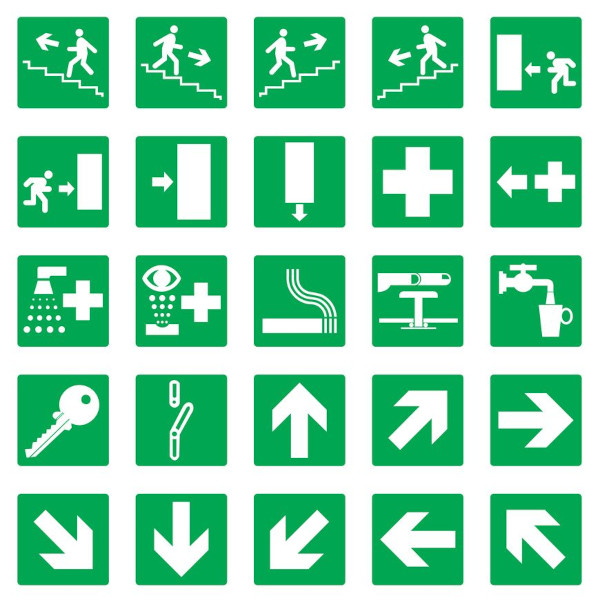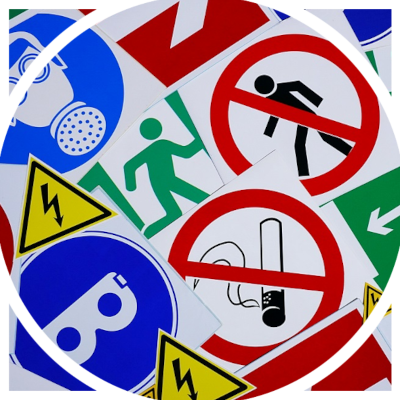Introduction
The aim of this toolbox talk is to increase staff awareness of the main types of safety signs found at work.
The use of regular toolbox talks, if done effectively, will significantly improve the safety culture within your organisation. This will increase the safety awareness of the workers, and as a result reduce the likelihood of accidents and unsafe occurrences.
Legislation references
- Health & Safety at Work Act 1974
- The Health and Safety (Safety Signs and Signals) Regulations 1996
Safety signage awareness
There are 4 main types of safety signage that you need to be able to recognise in the workplace:
- Prohibition
- Mandatory
- Warning
- Safe condition
Prohibition
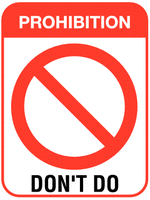
Examples of prohibition signage
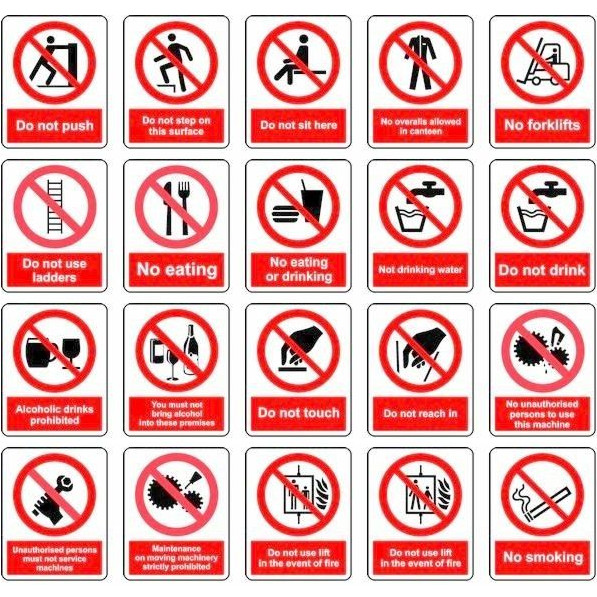
Mandatory
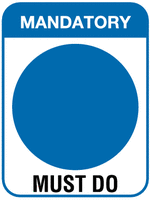
Mandatory signs prescribing specific behaviours that must be followed (e.g. ‘eye protection must be worn’).
Examples of mandatory signage
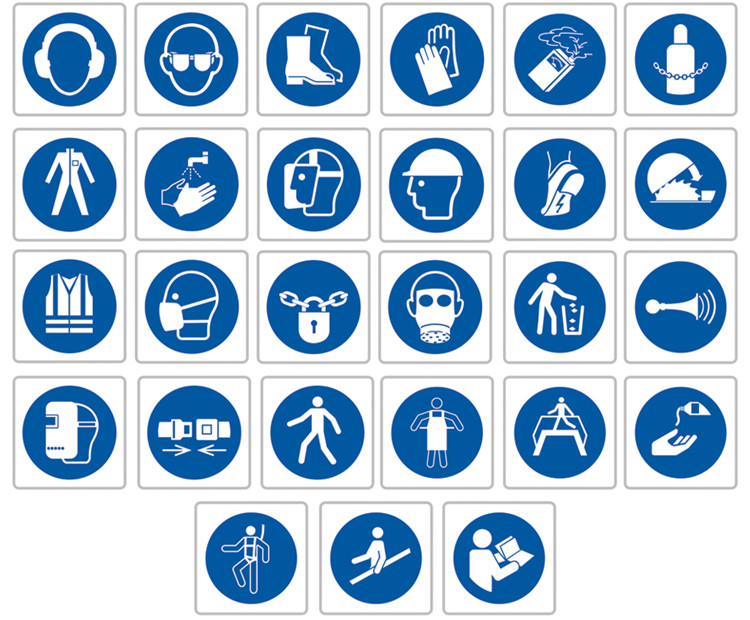
Warning
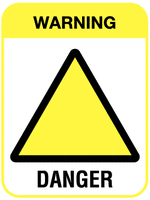
Warning signs give warning of a hazard or danger (e.g. ‘danger: electricity’).
Examples of warning signage
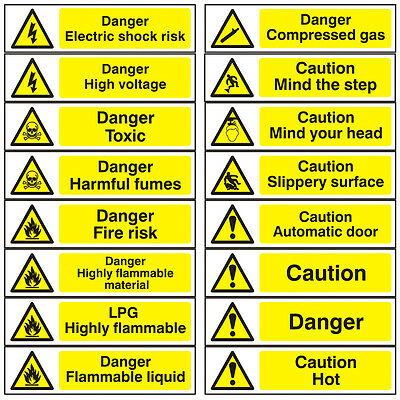
Safe condition
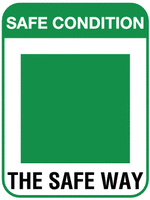
Safe condition signs, such as emergency escape or first-aid
signs, give information on safe routes, emergency exits, first aid, or rescue facilities (e.g. ‘emergency exit / escape route’).
Examples of safe condition signage
